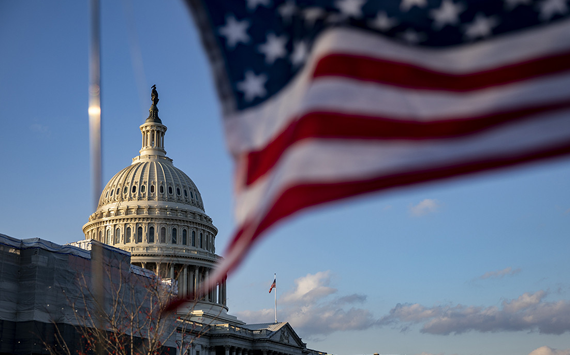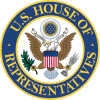
Helping the economy
On Sunday, Democrats and Republicans finally agreed to pass a $900bn package to help the US economy in a pandemic. The new law should be approved by the House, Senate and signed by the White House this week, as the previous $2 trillion economic stimulus package, signed at the end of March, expires on 26 December.
Trading on the US stock market will start on the back of good news this week as congressional leaders agreed on Sunday to pass a package of measures to help American families, the unemployed, businesses and states in the dire straits of the COVID-19 pandemic.
This is the second bill with a $900 billion recession and covid stimulus package ("CARES 2"), after the US government passed the $2 trillion CARES economic assistance bill in late March. This weekend's agreement follows almost seven months of congressional negotiations, as Democrats called for the next round of roughly $3.4 trillion in budget funding just two months after the CARES Act was passed. Moreover, the Republican Party had called for a more limited package of measures and $1 trillion in funding.
Some measures, like the $600 extra weekly surcharge for unemployed Americans and deferrals on student loan repayments expired months ago. This Saturday, December 26, the remaining CARES provisions will expire, including: payments to Americans who lost their jobs because of the pandemic, a moratorium on evictions, paid sick leave, aid to state and local governments.
Officials say the CARES 2 bill could be put to a vote as early as Monday, although lawmakers will have little time to review the 3,000-plus page text of the bill.
According to statements by congressional officials to the media, although the bill "is not perfect", it is highly likely to be approved by the House of Representatives, the Senate, and signed into law at the White House this week.
However, the Democrats note that the CARES-2 provisions will be expanded after Biden takes over the presidency in January 2021.
Also, the future US president said that the $900bn plan plays an important role in supporting the economy.
Charles Schumer said: "Anyone who thinks that the money allocated is enough for the economy does not understand at all what is going on in the United States of America".








